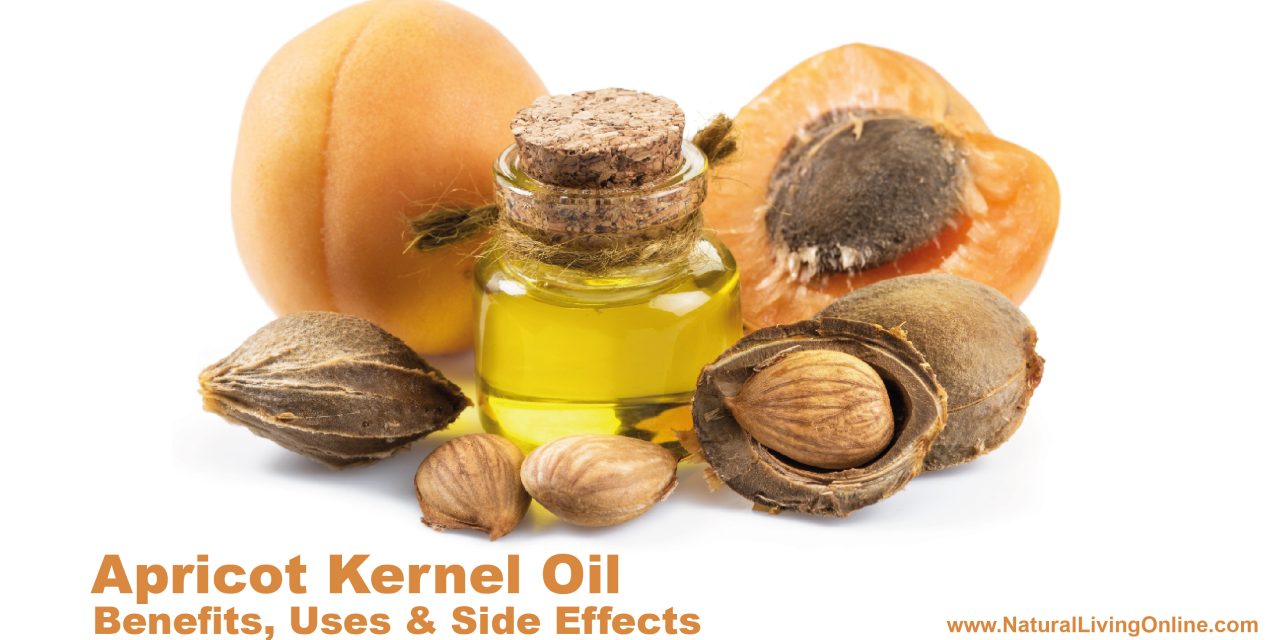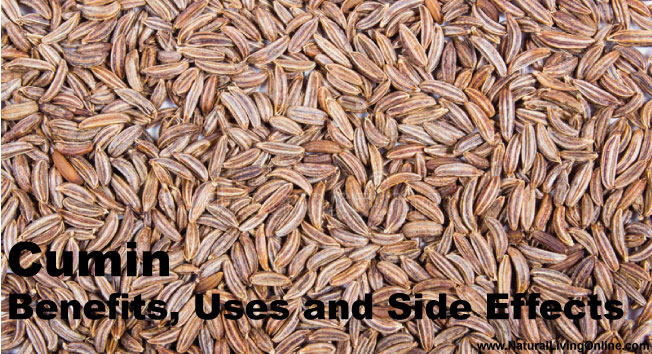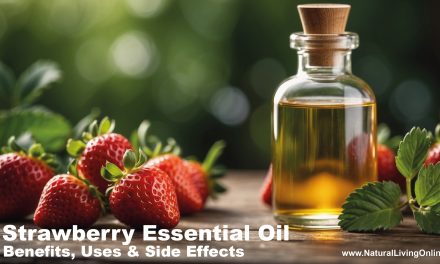Apricot kernel oil, extracted from the seed of the apricot fruit, is a multipurpose oil with a rich composition that makes it beneficial for both dietary and cosmetic purposes. Its nutritional profile includes monounsaturated fats, vitamin E, and other antioxidants, which contribute to its health and skin benefits. The vitamin E in apricot kernel oil, for instance, plays a crucial role in protecting the skin from oxidative stress and maintaining a youthful appearance.
In terms of application, apricot kernel oil is versatile. It is frequently used as a carrier oil for essential oils, a hydrating agent in skin care products, and an ingredient in various culinary dishes. However, despite its wide range of uses and benefits, apricot kernel oil also comes with potential side effects due to the presence of amygdalin, which can turn into cyanide in the body when consumed in large quantities.
Key Takeaways
- Apricot kernel oil is valued for its health benefits, mainly for skin health.
- It has multiple uses, including as a carrier oil and in skincare formulations.
- Consuming apricot kernel oil can lead to side effects due to a toxic compound.
Apricot kernel oil Profile

Botanical Name: Prunus armeniaca
Family: Rosaceae
Common Names: Apricot kernel oil, Apricot seed oil
Plant Description: The apricot tree is a small to medium-sized tree native to China and Central Asia but now cultivated in many parts of the world, including the Mediterranean and the United States. The tree produces small, yellow to orange fruits with a single pit (kernel) inside. The oil is extracted from these kernels.
Oil Description: Apricot kernel oil is a light yellow oil with a mild, nutty aroma. It is known for its light texture and high absorbability, making it a popular choice in skincare and cosmetic products.
Extraction Method: The oil is typically extracted through cold pressing, which helps retain its nutritional and therapeutic properties. Solvent extraction can also be used but is less common for high-quality oils.
Chemical Composition
Apricot kernel oil is rich in essential fatty acids, vitamins, and antioxidants. The key components include:
- Oleic acid (about 58-74%)
- Linoleic acid (about 20-35%)
- Palmitic acid (about 4-7%)
- Stearic acid (about 0.5-3%) Additionally, it contains vitamins A, C, E, and K, as well as phytosterols and polyphenols.
Properties
- Emollient: Deeply moisturizes and nourishes the skin, making it soft and supple.
- Anti-inflammatory: Reduces inflammation and soothes irritated skin.
- Antioxidant: Protects the skin from free radical damage and environmental stressors.
- Regenerative: Promotes skin cell regeneration and healing.
- Non-comedogenic: Does not clog pores, making it suitable for all skin types, including sensitive skin.
Uses
Skin Care

- Moisturizer: Used in creams, lotions, and serums to hydrate and soften the skin.
- Anti-aging: Reduces the appearance of fine lines and wrinkles and improves skin elasticity.
- Sensitive Skin: Soothes and calms sensitive or irritated skin, including conditions like eczema and dermatitis.
- Skin Healing: Speeds up healing of minor wounds, cuts, and scars.
Hair Care
- Conditioner: Hydrates and nourishes hair, making it shiny and smooth.
- Scalp Treatment: Soothes dry, flaky scalp and helps with dandruff.
- Hair Strength: Strengthens hair and reduces breakage and split ends.
- Styling Product: Used to tame frizz and add shine.
Body Care
- Massage Oil: Used for its light texture and skin-nourishing properties.
- Bath Oil: Added to bath water to hydrate and soften the skin.
- Carrier Oil: Commonly used as a base oil for essential oils in aromatherapy.
Culinary Uses
- Cooking Oil: Used in dressings, dips, and for low-heat cooking due to its mild flavor.
- Salad Dressings: Adds a light, nutty flavor to salads and dressings.
- Nutritional Supplement: Consumed for its health benefits, including improved heart health and anti-inflammatory properties
Health and Skin Benefits
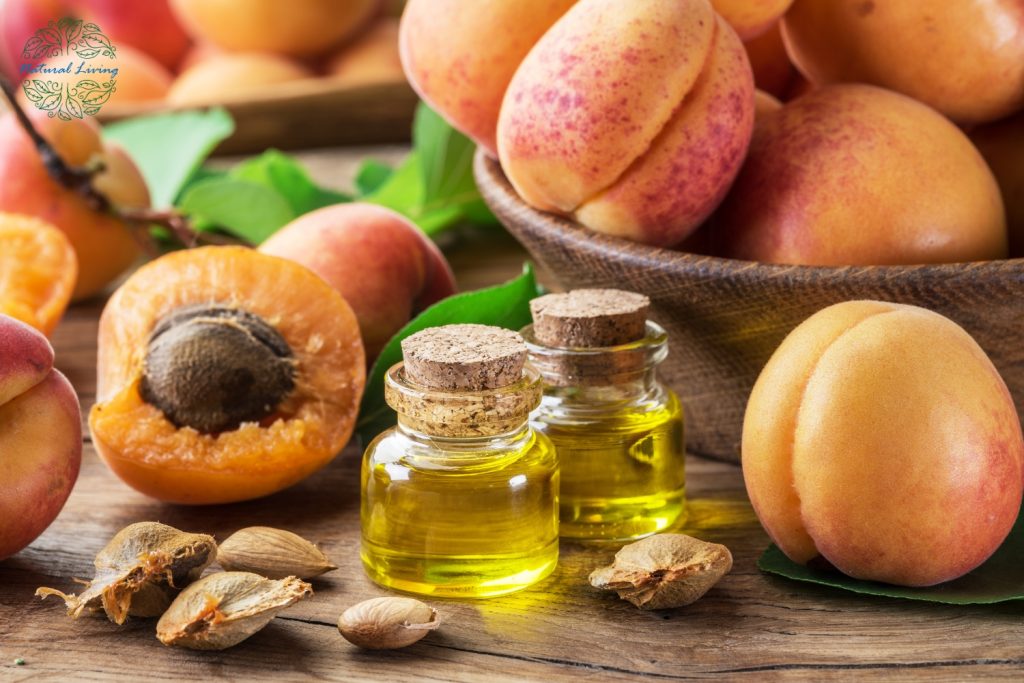
Apricot kernel oil is renowned for its myriad benefits related to skin health. It is particularly appreciated for its moisturizing properties and its potential in addressing signs of aging and skin inflammations.
Key Benefits
- Rich in essential fatty acids, vitamins, and antioxidants.
- Suitable for all skin types, including sensitive and mature skin.
- Light and non-greasy texture, easily absorbed by the skin.
- Promotes overall skin and hair health and appearance.
- Versatile uses in skincare, hair care, and culinary applications.
Moisturizing and Anti-Aging Effects
Apricot kernel oil is a powerhouse of nutrients that are beneficial for maintaining a supple and youthful skin appearance. It is rich in antioxidants that help combat wrinkles and other signs of aging. The vitamins E and A, present in the oil, hydrate the skin deeply and reinforce the skin barrier, retaining moisture for longer periods. Regular application of apricot kernel oil can help keep the skin soft and delay the onset of fine lines and wrinkles.
Anti-Inflammatory and Antibacterial Effects
The oil from apricot kernels possesses notable anti-inflammatory properties, making it an ideal natural remedy for conditions like eczema, psoriasis, and acne. Its antibacterial abilities further assist in preventing skin infections. The fatty acids in apricot kernel oil soothe irritated skin, reducing inflammation, and providing relief from discomfort associated with various inflammatory skin ailments.
Common Uses of Apricot Kernel Oil
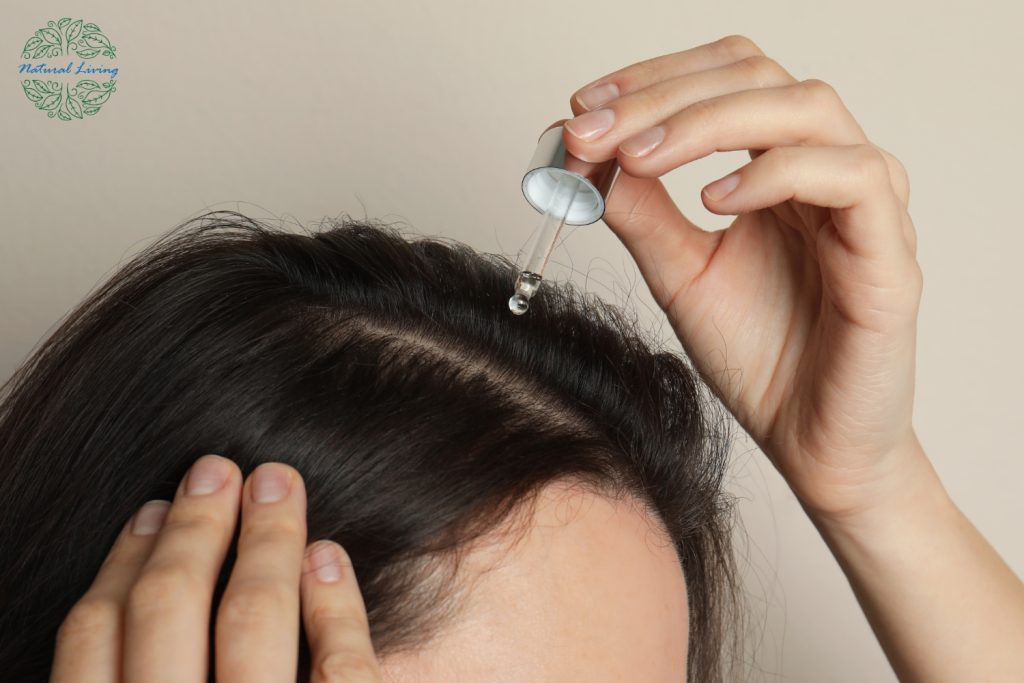
Apricot kernel oil is recognized for its versatility in culinary applications and skincare and hair care formulations. It offers significant benefits due to its nutrient-rich profile, which includes vitamins and fatty acids.
Culinary Uses
Apricot kernel oil makes for a nutritious cooking oil due to its high content of unsaturated fats. Its mild, nutty flavor enhances dressings, sauces, and can be an excellent ingredient for subtle flavoring in baked goods and desserts.
Topical Use in Skincare
As a moisturizer, apricot kernel oil is highly regarded in the skincare industry. Its emollient properties help to hydrate and soothe the skin, making it ideal for use on dry or sensitive areas. It’s often included in lotions, creams, and balms.
Inclusion in Hair Care Products
Regarded for its oleic and linoleic acid content, apricot kernel oil is a popular component in hair care products. It helps in nourishing the scalp and strands, improving hair’s overall texture and managing dryness.
Potential Side Effects and Risks
While apricot kernel oil is celebrated for its health benefits, consumers should be aware of its potential risks, particularly concerning amygdalin, which can produce cyanide, and the oil’s risk for causing allergic reactions or irritation in those with sensitive skin.
Cyanide Toxicity
Apricot kernels contain amygdalin, a compound that the body converts into cyanide, a powerful poison. Though the body can detoxify small amounts of cyanide, large quantities may lead to cyanide toxicity, which is characterized by symptoms such as headache, confusion, nausea, and potentially death. Therefore, ingesting substantial amounts of apricot kernel oil or kernels may pose serious health risks.
Allergic Reactions and Skin Sensitivity
Allergic reactions are also a concern when using apricot kernel oil topically, especially in individuals with sensitive skin or known allergies. Symptoms of an allergic response may include rash, itching, and inflammation. Pregnant women should exercise caution as there is insufficient evidence to ascertain the safety of the oil during pregnancy. Patch testing is recommended before use to ensure no allergic reactions or skin sensitivities occur.
Considerations for Use and Storage
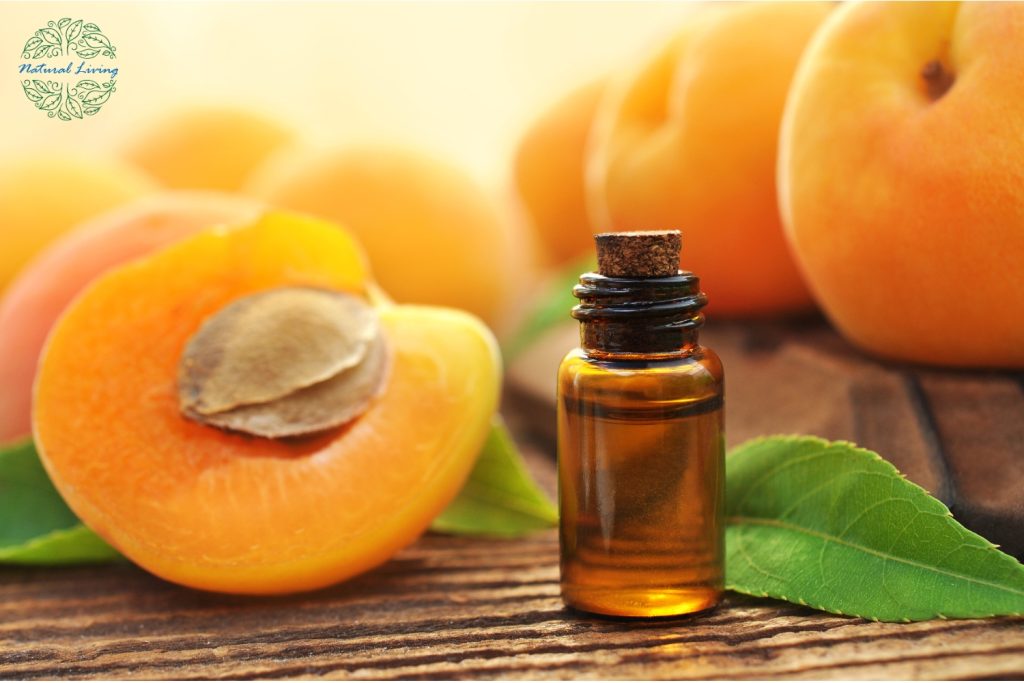
When incorporating apricot kernel oil into one’s routine, understanding the appropriate dosing and adherence to storage recommendations can maximize its benefits and longevity. Careful attention to these details ensures the most effective use of the oil for both therapeutic and cosmetic applications.
Appropriate Dosing and Usage Guidelines
Apricot kernel oil is widely recognized for its emollient properties in skincare products. When using it as a carrier oil, it’s essential to determine the right dosing for one’s skin type. Overuse can lead to skin congestion, especially for those with a high comedogenic rating. A standard recommendation is to apply just a few drops to the face or mix it with other skincare products for a diluted effect.
Shelf Life and Storage Tips
The shelf life of apricot kernel oil is generally around 6 to 12 months; however, this can vary based on storage conditions. To prolong its viability, store the oil in a cool, dark place, away from direct sunlight and heat sources. A refrigerator can extend its shelf life, but be sure to bring the oil to room temperature before use to maintain consistency. Always ensure the lid is tightly sealed to minimize oxidation, which can deteriorate the oil’s quality.
Frequently Asked Questions
What are the recognized health benefits of consuming apricot kernel oil?
Apricot kernel oil is valued for its high concentration of vitamins and fatty acids, which are believed to be beneficial for maintaining heart health and for the skin. It’s also thought to aid in reducing inflammation when consumed.
How can apricot kernel oil be used in skincare routines?
This oil can be applied topically to the skin to moisturize and provide antioxidants, which may protect the skin against harmful environmental agents and support its overall health. Regular use may also help improve skin elasticity and reduce the signs of aging.
What is the recommended amount of apricot kernels one should consume daily?
Due to the presence of amygdalin, which can convert to cyanide in the body, it’s crucial to adhere to recommended guidelines—usually not more than a few kernels per day—to minimize any risk.
Can you describe the potential side effects associated with consuming apricot kernel oil?
Consuming apricot kernel oil or kernels can lead to potential side effects such as nausea, headaches, or dizziness due to the amygdalin content. It’s important to monitor consumption and be aware of the individual’s reactions when taking this oil.
What symptoms should one look for in cases of suspected cyanide poisoning from apricot kernels?
Symptoms of cyanide poisoning include difficulty breathing, headaches, dizziness, confusion, and potentially loss of consciousness. Immediate medical attention is crucial if such symptoms occur after apricot kernel consumption.
Is it considered safe to use apricot kernel oil for internal purposes?
Healthcare professionals generally advise using apricot kernel oil externally due to concerns about amygdalin. If you want to use it internally, you should consult with healthcare professionals to assess its safety. They can help you consider the potential risks of cyanide poisoning.
References:
Apricot Kernel: Bioactivity, Characterization, Applications, and Health Attributes
This website does not provide medical advice.
All information provided on this website, and on associated social media networks, including but not limited to texts, images, and numbers are for general information purpose only. It is not intended as medical advice and it does not include all possible precautions, side effects, or interactions that may occur. Neither NaturalLivingOnline.com nor its author/founder take responsibility for how you use this information. Statements contained on NaturalLivingOnline.com have not been evaluated by the FDA. You should conduct thorough research via multiple sources and consult your physician or qualified doctor before using any essential oil or herbal remedy. Information on NaturalLivingOnline.com must not be relied upon for medical, legal, financial or other decisions.

